
Black Health Alliance launches the Toronto COVID-19 Resilience Bulletin in partnership with the University of Toronto Black Medical Students’ Association with support from the Confronting Anti-Black Racism Unit.
As we are in the midst of the COVID-19 pandemic, Toronto’s Black residents, families, and communities will need to identify new ways to stay healthy, safe, and well during the pandemic. It is critical that we as a community open and support.
Our focus with this bulletin is on enhancing our communities’ ability to respond, recover, and regroup in the face of this COVID-19 outbreak. We aim to update this Bulletin as the outbreak continues to unfold. We will continue to invite organizations and individuals across the City to contribute and share in co-creating this Bulletin.
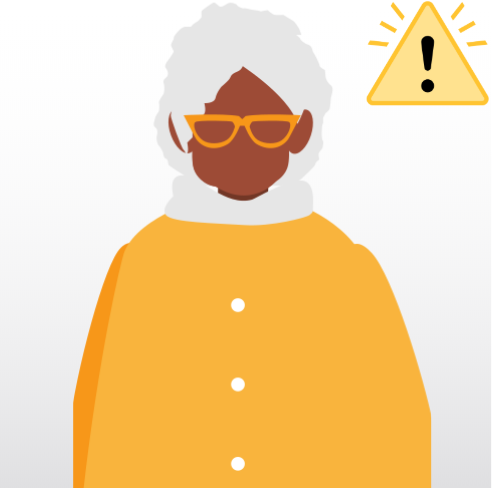
COVID-19 can make anyone sick, however, some people are more at risk of developing severe complications from an illness due to underlying medical conditions and age.
The Government of Canada has identified the following
populations as high-risk for severe COVID 19 outcomes:
- People with medical conditions including:
- Heart disease
- Hypertension (high blood pressure)
- Lung disease
- Diabetes
- Cancer
- People with weakened immune systems from amedical condition or treatment, such aschemotherapy
- Older adults
More information on People Who Are High Risk For Severe
Illness for COVID-19 can be found here
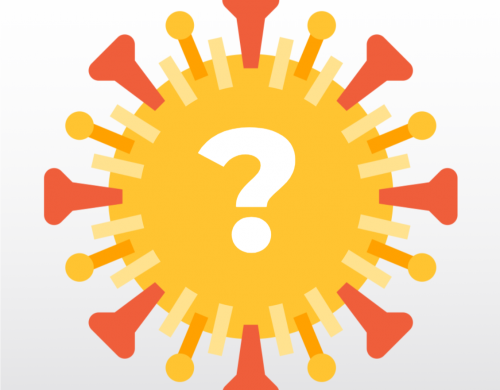
Experiencing Symptoms or Have Questions?
The City of Toronto has developed a detailed COVID-19 page that provides access to the latest resources and points of contact for questions and concerns.
If you have any concerns regarding your health status, or want to locate resources, please directly contact any of the resource lines provided on the City of Toronto COVID-19 landing page.
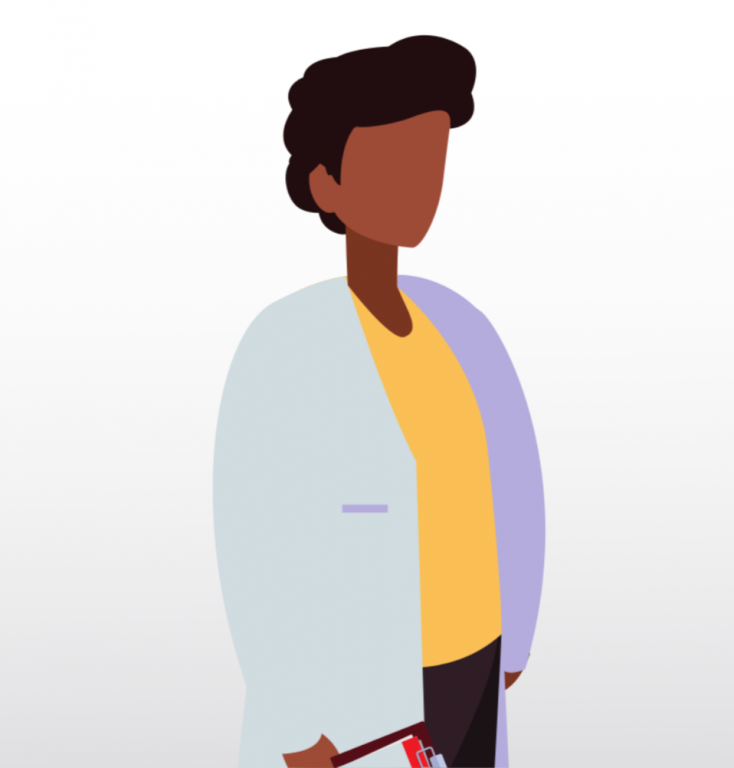
Community Health Centers remain accessible to support people during COVID-19.
TAIBU Community Health Centre has launched its COVID-19
phone lines to provide members of the Black community
support and answers to questions surrounding food
security, assistance with shopping, and health issues.
The lines are available Mon-Fri 9am – 5pm, except Wed.
English: 416-803-8654 or email covid19en@taibuchc.ca
French: 416-898-4371 or email covid19fr@taibuchc.ca

Mental Health
The City of Toronto has developed a mental health support strategy to support the mental health needs of residents during the COVID-19 pandemic. Caribbean Afrian Canadian Social Services and Across Boundaries have been identified as community partners able to provide support the mental wellbeing of Black residents during this time
Caribbean African Canadian Social Services
Call: 416-740-1056
Across Boundaries
Call: 416-787-3007
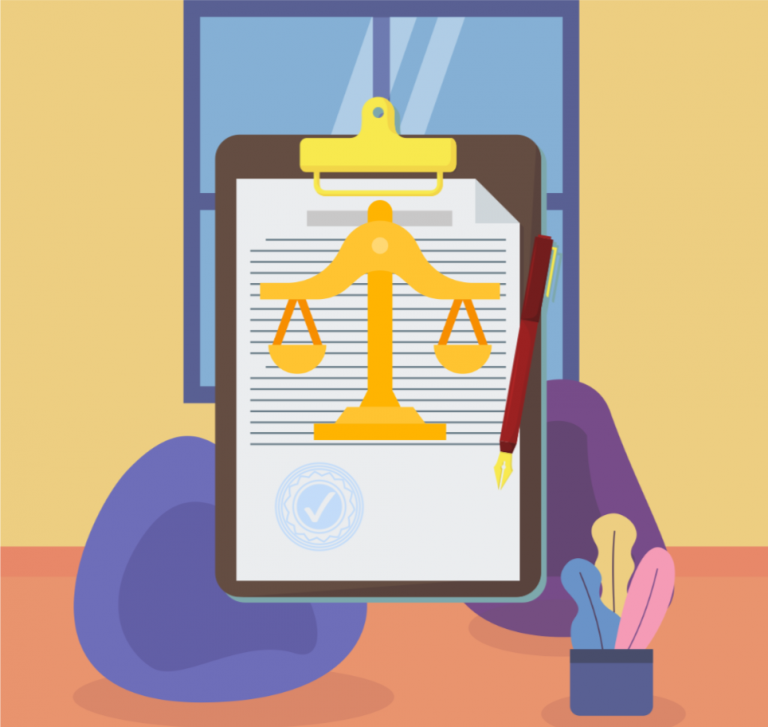
Housing Support
The Black Legal Action Centre (BLAC) is acutely aware of the specific pressures and differential impact COVID-19 has on Black people and their housing – specifically on Black renters. It is illegal for your landlord to evict you by themselves. if your landlord issues or tries to issue you an eviction notice it cannot be enforced at this time. You cannot be evicted out of your home at this time due to the provincial hold on evictions and evictions hearings. This is regardless of your rental agreement
To learn more about your rights and protection click here
Eva’s Initiatives for Homeless Youth
The evolving COVID-19 pandemic has meant that the way Eva’s delivers programing to young people is also evolving. While we are attempting to continue programing where possible, some programs have been postponed out of an abundance of caution
Margaret’s Housing and Community Support Services
continues to offer essential housing and drop-in and respite programs, as well as other services, for Toronto’s most vulnerable amidst the coronavirus outbreak.
If you or someone you know is experiencing domestic violence, you can visit https://www.sheltersafe.ca/ to find help. You can also call 211 or visit 211.ca for the most up-to- date information about local community and social services.
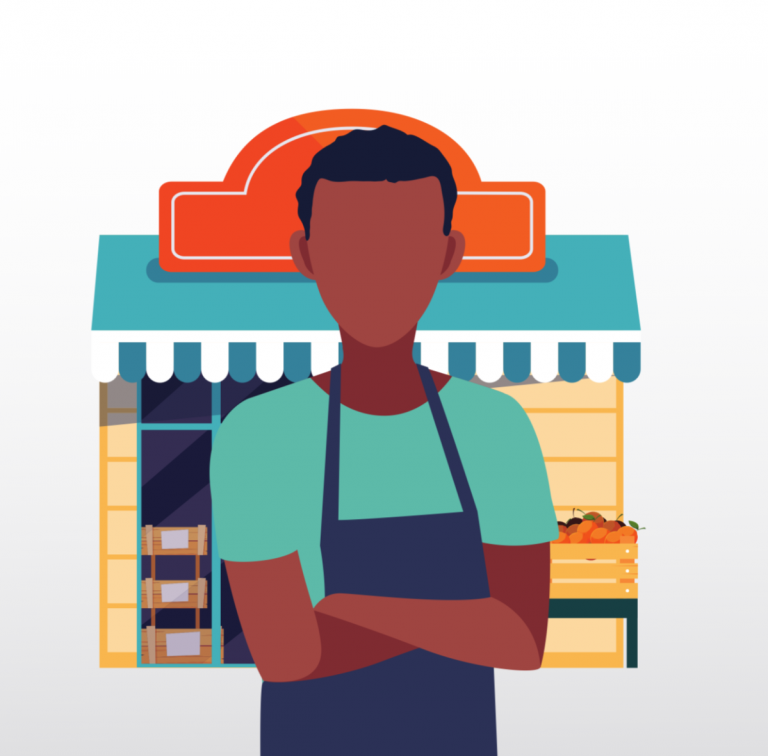
Food Security
Afri-Can FoodBasket is working to provide emergency food support to individuals and families within Black communities in Toronto who have been affected by COVID19 and are in need to support access to food.
Visit www.blackfoodtoronto.com and one of their community members will follow up with you.
Jamaican Canadian Association is providing hot meals for seniors, and isolated students & individuals throughout the
Greater Toronto Area. The meals will be prepared on Saturday and Sundays for distribution from 12-2PM. There are options for pick-up and delivery.
Text Requests to: 416-804-2467 or e-mail: hashtagcommunitystrong@gmail.com
Women’s Health in Women’s Hands (WHIMH) is offering WHIMH clients access to their food bank twice a month from 2:00pm to 4:00pm.
City of Toronto and Daily Bread Food Bank have partnered
to provide pop-up food banks at libraries across the city.
For up-to-date information or to find community services
near you, you can visit 211.ca.

In The News
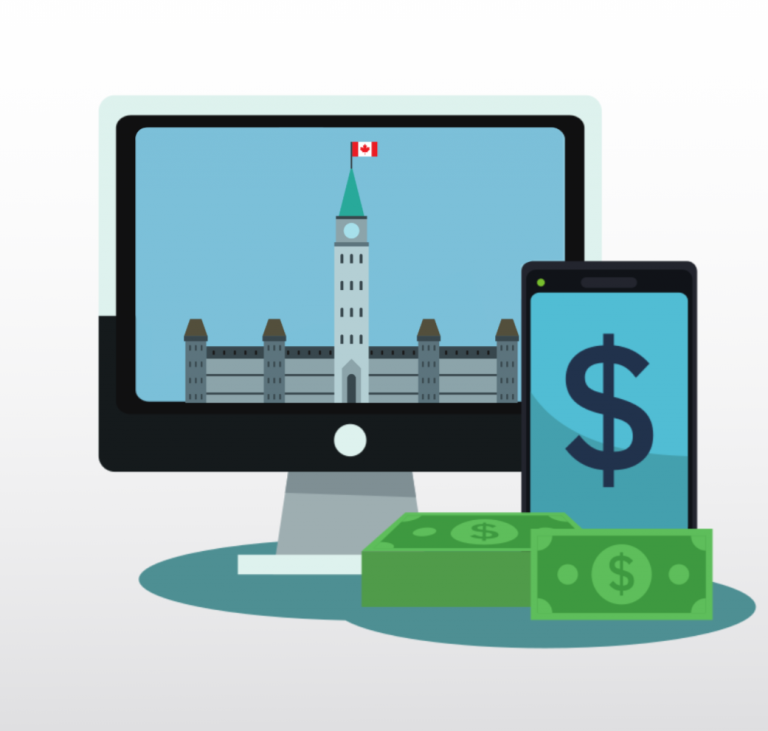
Income Support for Individuals &
Families
Canadian Emergency Response Benefit (CERB)
If you have stopped working because of COVID-19, the Canada Emergency Response Benefit (CERB) may provide you with temporary income support. The CERB provides
$500 a week for up to 16 weeks.
To learn more and apply:
https://www.canada.ca/en/services/benefits/ei/cerbapplication.html
One-Time Payment for Ontario Parents (Now Open)
To support families offset the costs of keeping children at home and entertained, parents can now apply for a one- time payment of $200 per student aged 12 & under, or $250 for dependents with special needs up to age 21. There is no
income cap on this program.
To learn more and apply:
https://www.iaccess.gov.on.ca/FamilyAppWeb/public/index. xhtml
New Portal Connects Job Seekers with Agri-food Jobs In order to ensure grocery store shelves remain full and families have food on the table during the COVID-19 outbreak, the Government of Ontario has launched a new web portal, connecting workers with employers looking to fill positions in the agri-food sector. This new online tool will make it easier to match people to essential jobs and training resources throughout the provincial food supply chain.
You can find the portal here.
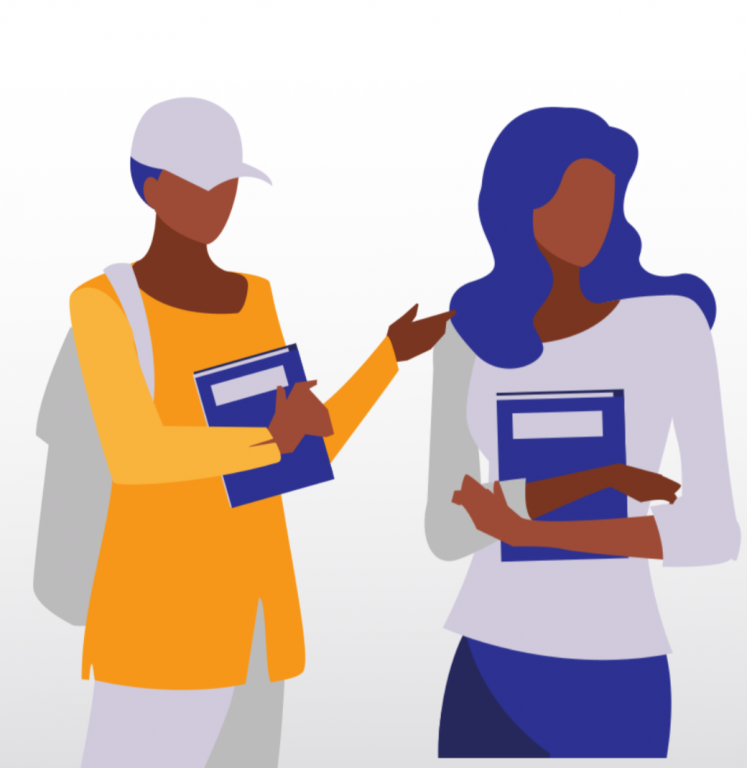
Supportfor Students & Youth
The Canada Emergency Student Benefit or CESB is a new Government of Canada program launched to help support students who are unable to find employment due to COVID- 19. The CESB can provide $1250 a month for up to 4 months, May – August 2020, or $2,000 a month for students with disabilities or dependent children.
To learn more and apply:
https://www.canada.ca/en/revenue- agency/services/benefits/emergency-student-benefit.html

Supportfor Business & Organizations
Black Business and Professional Association (BBPA) is offering free products, advice and tools for Black businesses
impacted by COVID-19 with a number of resources including a 24-hr Support Line.
Call 416-474-5407 or visit https://bbpa.org/coping-during- covid-19/
The Government of Canada has also launched numerous supports to for business visit Support for Businesses.
Support for Organizations:
The Government of Canada has announced to support vulnerable Canadians through charities and non-profit organizations that deliver essential services to those in need. The investment will flow through: Red Cross, United Way and Community Foundations.
More information can be found here:
United Way
Red Cross
Community Foundations of Canada
McConnell Foundation
Metcalf Foundation

Seeking Care at Home
Due to COVID-19, many organizations have changed how they are providing services or may be temporarily closed. Call, or check the service website, for additional information. These are some of the organizations that may be able to meet you care needs while at home.

Legal Support
Black Legal Action Centre (BLAC)
BLAC provides legal services to address individual and systemic anti-Black racism impacting Ontario’s Black communities. They do so by engaging in advocacy, community development, law reform, test case litigation, and public legal education.
For legal support and resources, see link here.

Ways to Support
The needs are wide and various. These are just some of the ways you can support.
Donations to support food security:
African Food Basket
FoodShare Toronto
Black Creek Community Farm
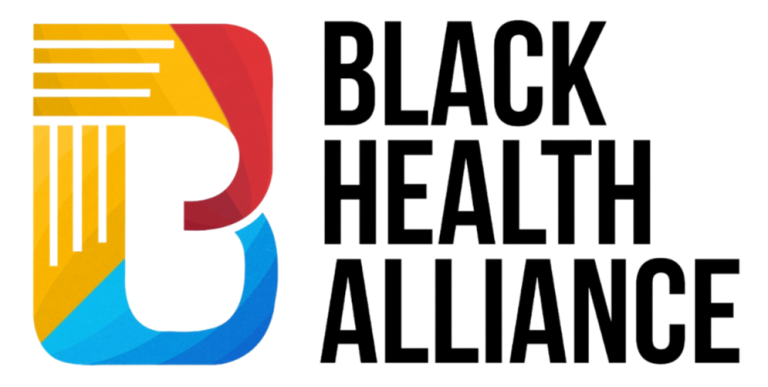
About Black Health Alliance
Black Health Alliance is a registered charity working to improve the health and well-being of Black populations in Canada. During the COVID-19 pandemic,
Black Health Alliance in partnership with the University of Toronto Black Medical Students Association with support from the Confronting Anti-Black Racism Unit and other community partners and agencies to be a source for credible information, coordination and health promotion
If you think there should be resources highlighted in this bulletin please email us.
If you know of persons with urgent and emergent needs in the City of Toronto please email us.
Email: info@blackhealthalliance.ca
For more information visit: www.blackhealthalliance.ca

